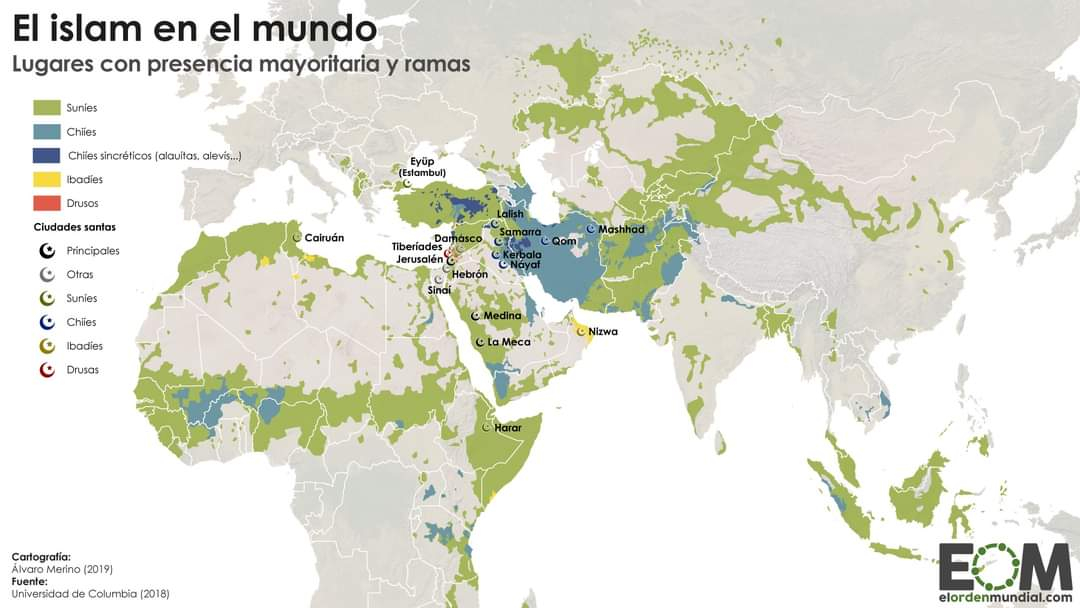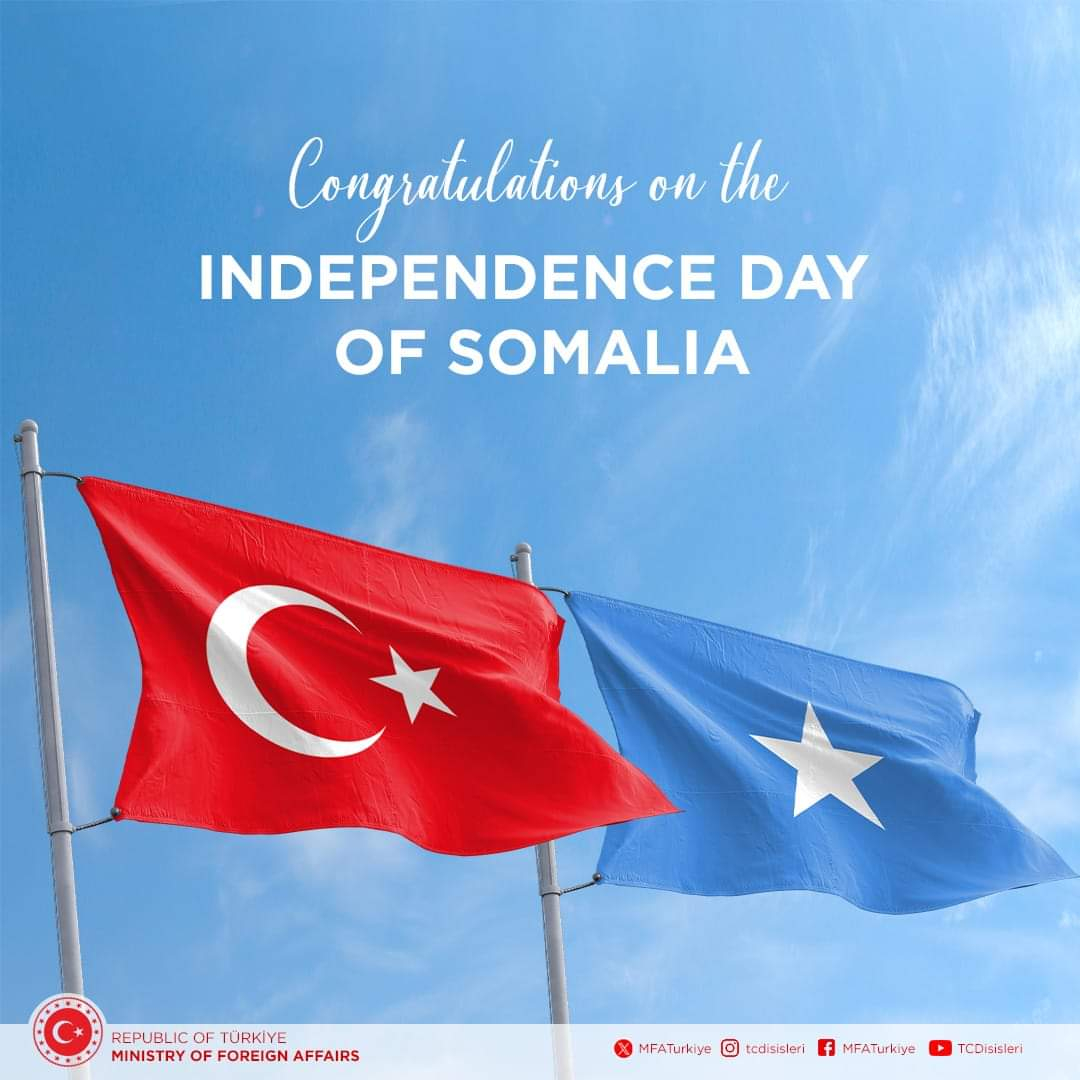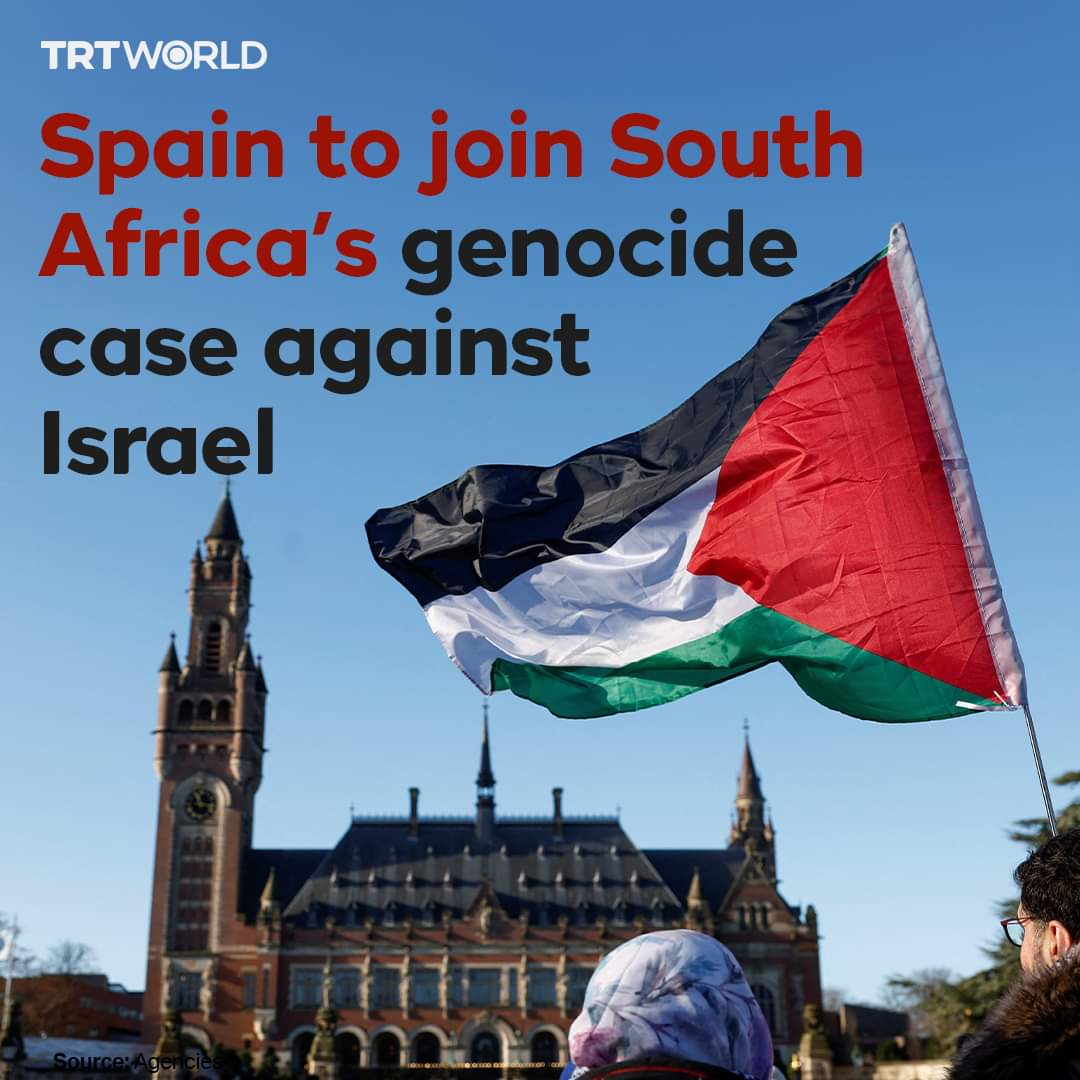Why Do Flight Paths Look Curved?
When flying from *Abu Dhabi to Los Angeles*, you might expect a straight path across the Atlantic or Mediterranean. In reality, the flight takes a curved route over Iran, Russia, the North Pole, and Canada before reaching the US west coast.
The reason? The Earth is *spherical*, and the shortest distance between two points on a sphere is called a *Great Circle Route*—a curved line on flat maps, but actually the most direct path.
Flat maps are misleading
Projections like the *Mercator map* distort distances and shapes. A route that appears curved is actually shorter, while a "straight" line on the map may be longer.
Why do planes take this route?
- Shorter distance
- Less flight time
- Lower fuel consumption
- Reduced operating costs
- Sometimes to catch favorable jet streams
Ancient knowledge
Muslim scholars like *Al-Biruni* and *Al-Idrisi* understood Earth's shape and calculated such paths centuries ago for navigation and determining directions.
So, what looks strange on a flat map is actually the most *efficient and direct path* on our spherical Earth.
#GreatCircleRoute #FlightPaths #AirTravelFacts
#GeographyMatters #AviationScience #TravelSmart #CurvedNotCrooked #Map
When flying from *Abu Dhabi to Los Angeles*, you might expect a straight path across the Atlantic or Mediterranean. In reality, the flight takes a curved route over Iran, Russia, the North Pole, and Canada before reaching the US west coast.
The reason? The Earth is *spherical*, and the shortest distance between two points on a sphere is called a *Great Circle Route*—a curved line on flat maps, but actually the most direct path.
Flat maps are misleading
Projections like the *Mercator map* distort distances and shapes. A route that appears curved is actually shorter, while a "straight" line on the map may be longer.
Why do planes take this route?
- Shorter distance
- Less flight time
- Lower fuel consumption
- Reduced operating costs
- Sometimes to catch favorable jet streams
Ancient knowledge
Muslim scholars like *Al-Biruni* and *Al-Idrisi* understood Earth's shape and calculated such paths centuries ago for navigation and determining directions.
So, what looks strange on a flat map is actually the most *efficient and direct path* on our spherical Earth.
#GreatCircleRoute #FlightPaths #AirTravelFacts
#GeographyMatters #AviationScience #TravelSmart #CurvedNotCrooked #Map
✈️🌍 Why Do Flight Paths Look Curved?
When flying from *Abu Dhabi to Los Angeles*, you might expect a straight path across the Atlantic or Mediterranean. In reality, the flight takes a curved route over Iran, Russia, the North Pole, and Canada before reaching the US west coast.
The reason? The Earth is *spherical*, and the shortest distance between two points on a sphere is called a *Great Circle Route*—a curved line on flat maps, but actually the most direct path.
🗺️ Flat maps are misleading
Projections like the *Mercator map* distort distances and shapes. A route that appears curved is actually shorter, while a "straight" line on the map may be longer.
💡 Why do planes take this route?
- Shorter distance
- Less flight time
- Lower fuel consumption
- Reduced operating costs
- Sometimes to catch favorable jet streams
📜 Ancient knowledge
Muslim scholars like *Al-Biruni* and *Al-Idrisi* understood Earth's shape and calculated such paths centuries ago for navigation and determining directions.
🌐 So, what looks strange on a flat map is actually the most *efficient and direct path* on our spherical Earth.
#GreatCircleRoute #FlightPaths #AirTravelFacts
#GeographyMatters #AviationScience #TravelSmart #CurvedNotCrooked #Map
0 Comentários
0 Compartilhamentos








